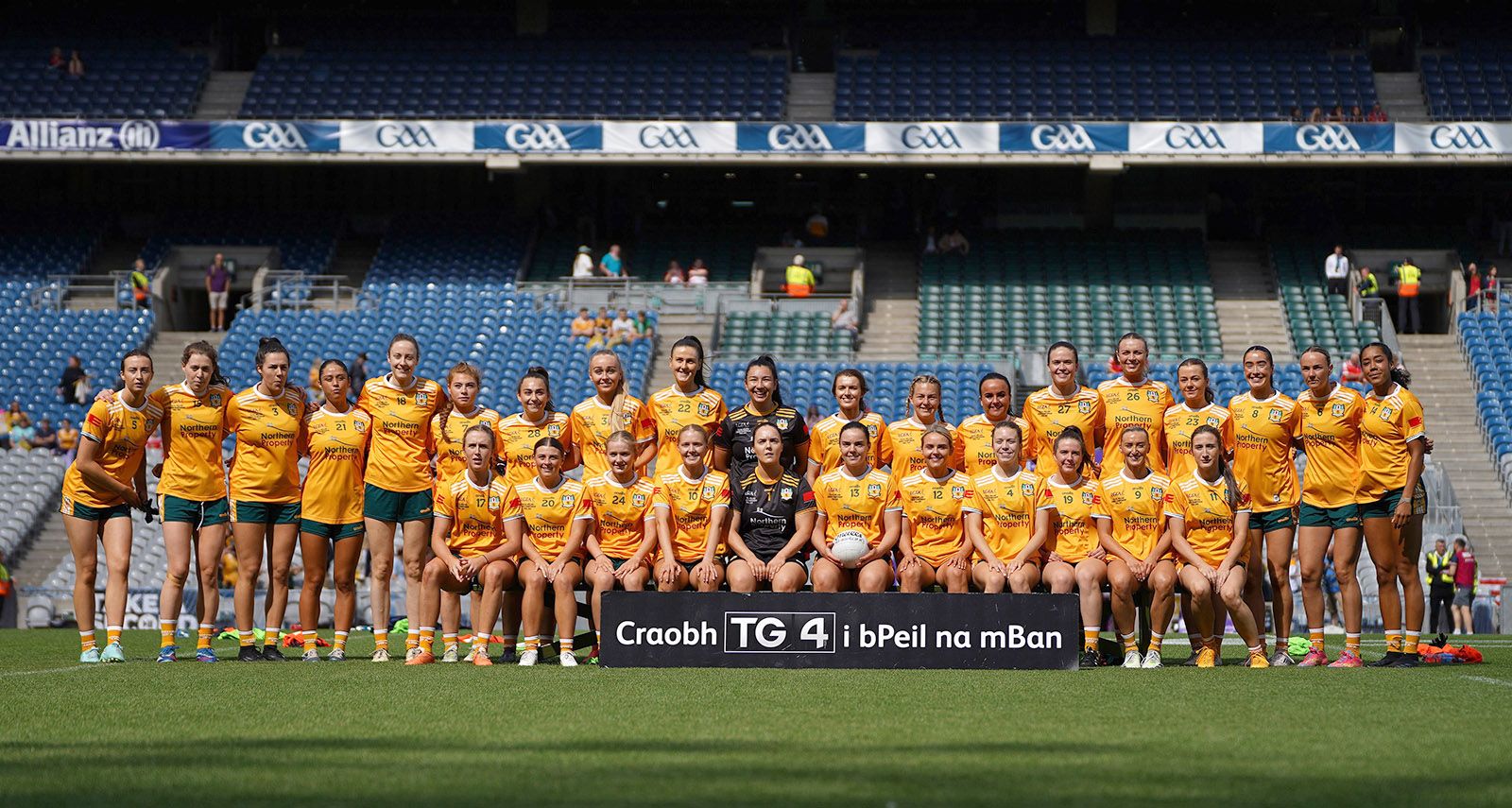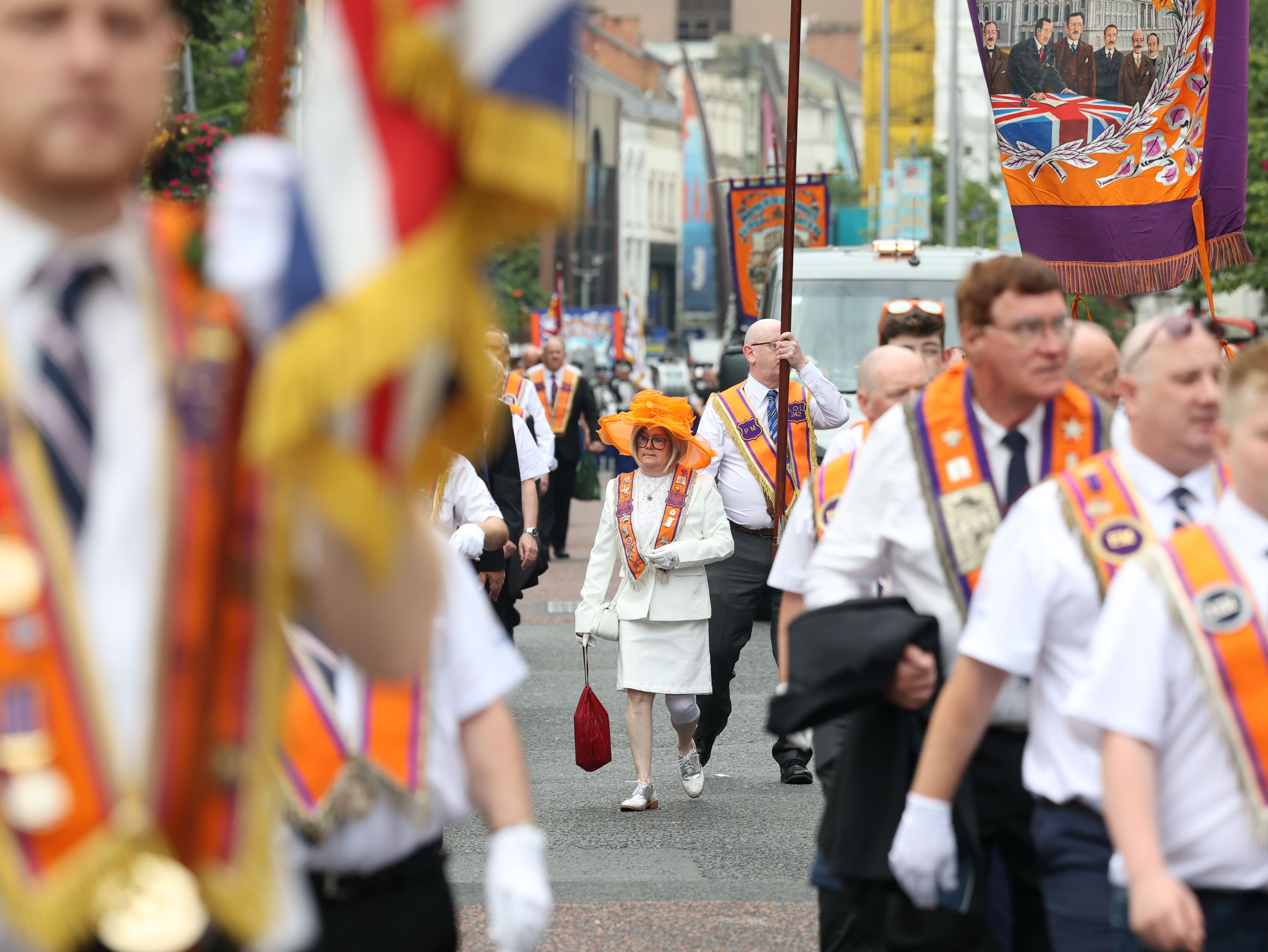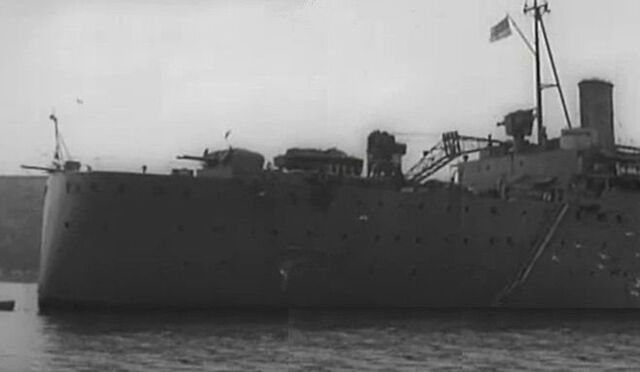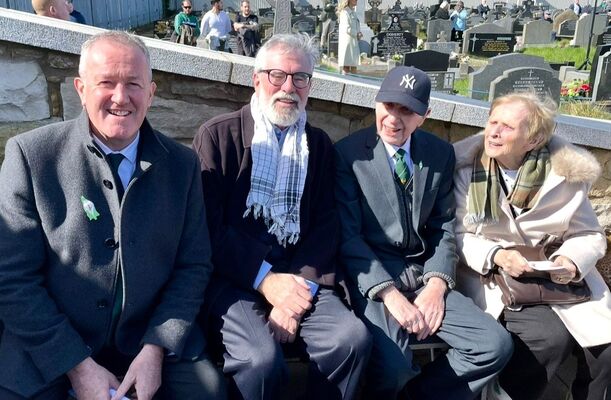THE northern statelet was built for unionism. It was constructed and then managed in a way to ensure that nationalists would never have a say in running the place.
We are less than three years off the 30th anniversary of the Good Friday Agreement. Most citizens, and many within the broad unionist section of our people, have grown accustomed to the stability and peace it has brought, but there are others who still hanker after the old days of supremacy. The DUP shares the office of the First Minister with Sinn Féin but their strategy is focused on the next Assembly election in two years’ time and their aim is to remove Michelle O’Neill as First Minister. That is why there is a battle a day over Irish language rights. That is why there has been no start on building the new Casement. That is why there is negative nonsense over bi-lingual signage in public places.
Additionally, a lot of political unionism’s strategies and tactics are aimed at minimising the potential for positive change that the Good Friday Agreement makes possible. It’s about dilution and delay.
I believe that a successful unity referendum to end partition will help liberate those unionists who are captives of this history. There will still be some who for generations to come will reject the place that they live in.
And that's not unusual. That's happened in other countries in the world.
But we have to make the new Ireland a place that accommodates unionists and republicans, loyalists and nationalists and those who are none of these. The Good Friday Agreement is an agreement to a journey without agreement on the destination. That is for the people to decide.
So our job is to engage with unionists. To listen to them honestly and to try to persuade them that the new Ireland will be better for all of the people who live here.
If in the New Ireland people want to have bonfires, that's okay. But it will be done in a way that is lawful and safe and not threatening to others. There will clearly be orange parades but these will not be triumphalistic marches. The sectarian elements have to be confronted and made unlawful. And this is the challenge for Orangeism. They have to confront their own sectarian elements. Sectarianism has to be exorcised. That is the challenge for all of us.
There is clearly within loyalism, within Orangeism, a love of marching bands, of fifes and drums and bagpipes and all of that. That’s fine.
I’m partial to good band music, to bagpipes and the like. I know quite a few Orange songs, including The Sash. The Twelfth could be one of our national days. Ignored if need be, but tolerated by those who dislike it and enjoyed by those who celebrate it. Orange, after all, is one of our national colours. But Orangeism, like all the rest of us, has to face up to its own failings.
The journey to the new Ireland is well advanced. But we have much work ahead. The more of us who engage in this work the sooner we will achieve it.
Pride and tears as Antrim ladies miss out at Croker
OFF on Sunday morning to Croke Park. Dark skies. Lots of grey clouds. Our journey was delayed by Féile An Phobail’s 5km and 10km run. Diverted and distracted, we eventually got out of West Belfast and on the road to Dublin.
En route the dark skies lightened. The grey clouds gave way to blue heavens and gentle sunshine. We were off to watch Antrim Ladies footballers in our own All Ireland against Louth. As we crossed the border Kneecap kept our spirits high. Their ceol blasted out and the car rocked as we hip-hopped to the Capital. A morning after the night before follow-on from Saturday evening’s Falls Park country frolics.
The match in Croker started off positively, with Antrim taking an early lead but Louth soon asserted themselves and Antrim were chasing the game from then until the last ten minutes. Some of the players may have been overwhelmed by the big occasion. If so, who could blame them? To play in Croke is mighty and Antrim supporters were out in strength. Everyone, including us, as proud as could be. Family members, clubmates. The number of Northern Gaels was swelled by Tyrone supporters who later went on to win their Championship against Laois. Dublin went on to best Meath in the Seniors. A great day of Gaelic football.
A SEASON TO REMEMBER: The Antrim Ladies at Croker
In our game Antrim battled valiantly but in the middle section of the match Louth were in charge. But only just. Minutes towards the end it looked like we might claw back Louth’s lead after a flurry of Antrim points. A win looked doable. A goal was needed. But a goal was denied us just before the hooter. Louth survived to emerge All Ireland Junior Champions once again.
Well done to all the Antrim Ladies footballers. You had a great Championship campaign. There were lots of tears and loads of disappointment down on the pitch as family and friends comforted our warriors. Stick with it, sisters. Your day will come. There were only two points in it. Well done to the management squad and everyone else involved. And well done the players.
Aontroim abú.
Gaza a starvation, not a famine
THE scenes of desperation as starving people in Gaza try to get basins or pots filled with soup, are shocking images. It is a famine, we are told. Last week the Integrated Food Security Phase Classification (IPC), a United Nations panel which had long warned of the threat of famine, concluded that it was now a reality.
The use of the word famine and the images of starving children are a reminder for many in Ireland of what life must have been like during An Gorta Mór in the 1840s. But it is important to note that in a famine there is no food. In Ireland there was plenty of food. During those years the quaysides of ports along our coast were lined each day with abundant produce – all bound for export. It was a starvation.
The hunger in Gaza is an Israeli-made starvation. Aid agencies and the UN have more than enough food and medical aid ready to enter Gaza. Israel prevents this. It is not a famine – it is a starvation. At the weekend I discussed this issue and others relating to Israel’s genocide with Professor Avi Shlaim, an Israeli historian who lectures at Oxford University. Professor Shlaim was in Belfast where he spoke to a packed hall in St Mary’s University College as part of Féile.
Professor Shlaim is one of the foremost historians writing on Zionism and Israel and he has just published a new collection of essays, ‘Genocide in Gaza – Israel’s Long War on Palestine’. It is an authoritative, powerful critique of Israel’s genocidal strategy in Gaza.
This soft-spoken historian, who will be 80 in October, gave me his assessment of the strategies behind the murderous policies of the Netanyahu government and of their intent to ethnically cleanse the Gaza Strip. The priority for the rest of us, he believes at this time, is to stop the genocide and provide food and water for Gaza.
Professor Shlaim describes the BBC coverage of events in Gaza as “unbalanced news coverage which consistently privileges the dishonest Israeli narrative and fails to do justice to the Palestinian narrative. In some cases, BBC News is difficult to distinguish from the propaganda of the victors.” A critique not out of place with our own experience.
‘Genocide in Gaza – Israel’s Long War on Palestine’ is available at www.irish pages.org/ and at An Fhuiseog, 55 Falls Road, BT12 4PD.








